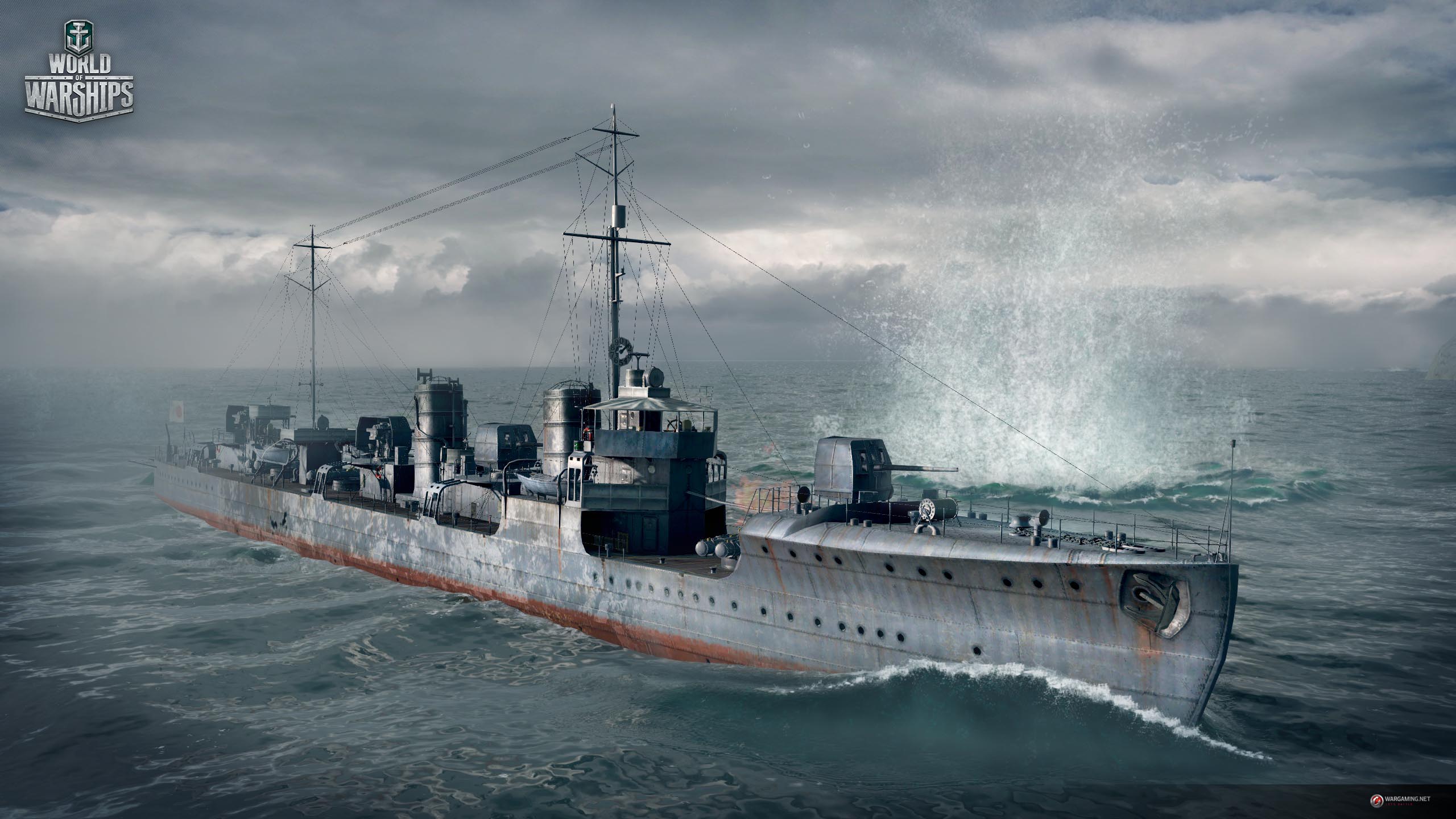

Second, he aimed to explain how African achievements had been erased by the processes that produced European global dominance. From its “dark and more remote forest vastnesses came…the first welding of iron, and we know that agriculture and trade flourished there when Europe was a wilderness,” he wrote. He first sought to show that Africa did indeed have a history. From his publication of The Negro in 1915 until his death in 1963, in Ghana-where he was at work on an ambitious Encyclopedia Africana-he wrote against the conception of Africa as what Hegel called the place without history.ĭu Bois’s project was twofold. “It is probable that out of Africa came the first civilization of the world,” he insisted. For Du Bois, however, the continent was most remarkable for its contributions to human development. For Pliny, Africa was a place of strange and unusual creatures.

Although of Greek origin, the phrase is most often associated with the Roman philosopher Pliny the Elder, who included it in his Natural History (77 CE). Du Bois, the African American sociologist and historian and a cofounder of the National Association for the Advancement of Colored People, was fond of the Latin phrase Semper novi quid ex Africa (out of Africa, always something new).


 0 kommentar(er)
0 kommentar(er)
